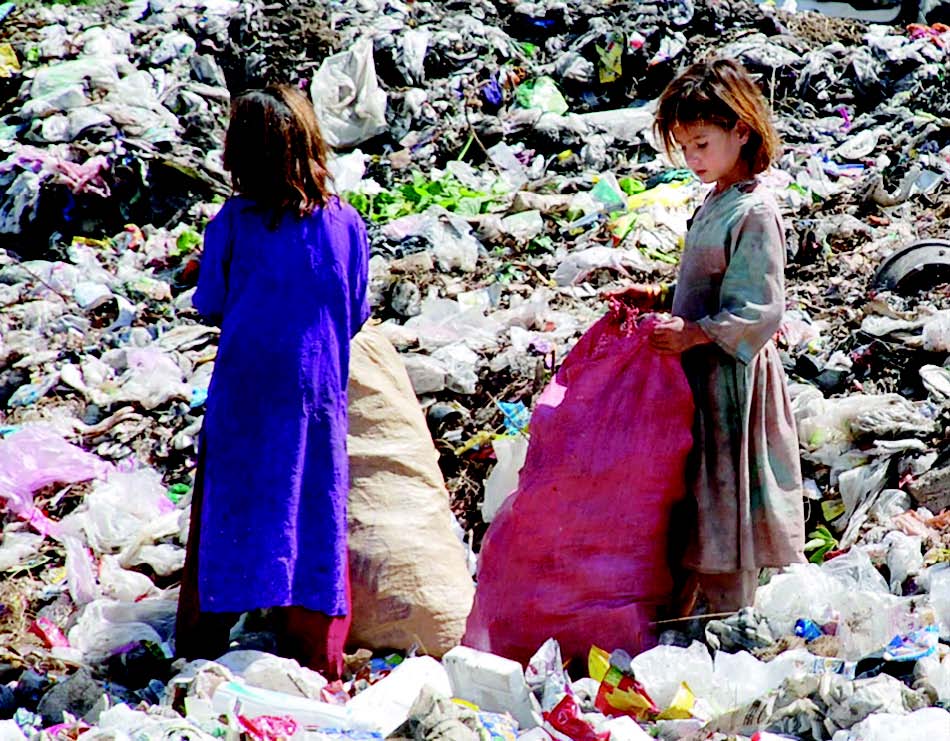
Drug addicts, eunuchs and sex workers might be at greater risk for contracting HIV/AIDS, but adolescents, especially those on the streets, are also at risk, Punjab AIDS Control Programme (PACP) Director Salman Shahid said, highlighting the importance of sexual and reproductive health rights through Life Skills Based Education at a briefing session on Monday.
The session was organised by the Schools4Life programme under the Idara-i-Taleem-o-Aagahi in collaboration with Rutgers WPF.
The HIV is usually transferred through blood transfusions, sharing syringes, from mother to child and through sexual intercourse.
“That is why it is so important to create awareness and reach out to young people,” he said. The AIDS control programme, he said, focused on reproductive rights and awareness against HIV. He said that as many as 70 organisations were working with the programme to create awareness in schools and colleges.
“There are 5,000 reported HIV/AIDS cases in the province,” Dr Shahid said, “It is hard to ascertain the exact number because infected people are reluctant to identify themselves.”
The AIDS Control Programme has registered as many as 3,000 cases in their centres across the province. Of these, 1,300 are being given regular treatment. “Wives of men working abroad are at great risk of contracting the disease,” Dr Shahid, “Many labourers employed in Gulf States contract the disease there and do not reveal their illness when deported.”
The PACP has developed test mechanisms, particularly for women. As many as 4,500 women have been tested so far, Dr Shahid said.
The Schools4Life programme, initiated in Pakistan in 2011, is a global initiative aimed at spreading awareness against infectious diseases among youth. It also aims to promote life skills based education through music and theatre to 13 to 19 year olds.
The Naveed-i-Sahar project coordinator said that the programme had reached out to more than 5,000 children. “Provisions for sexual and reproductive health and rights exist at the policy level,” she said, “11 youth activation clubs have been formed as part of the initiative.”
PACP Coordinator Tayyaba Rashid said that understanding life skills required understanding of how the body functioned. She said it was common for teachers to skip chapters on reproductive and health systems. “The stigma associated with these topics leaves children at risk even though the information is present in their textbooks.”
Rashid, who runs a centre for children infected with HIV, said that 130 children were being treated there. The disease spread faster in children causing weight loss, fungal mouth infection and lowered immunity, she said.
There is great resentment among parents regarding sexual and reproductive health rights education, District Education Officer Aneela Qasim said. There have been incidents of parents pulling their kids out of schools for teaching the topic. “The lack of social acceptability poses hurdles to its incorporation in the schools curricula,” she said.
Qasim said that topics that briefly touched the matter had been incorporated in the syllabus for grades nine and 10, but private schools gave a relatively thorough education on the subject.
Health EDO Zulfiqar Ali Chaudhry said, “The incorporation of sexual health awareness in formal education for children in schools and colleges is necessary.”
Published in The Express Tribune, August 27th, 2013.
COMMENTS (2)
Comments are moderated and generally will be posted if they are on-topic and not abusive.
For more information, please see our Comments FAQ
1731916090-0/sabrina-(3)1731916090-0-405x300.webp)


1732020599-0/BeFunky-collage-(73)1732020599-0-165x106.webp)
1731926127-0/zayn-(1)1731926127-0-165x106.webp)

1732012115-0/Untitled-design-(14)1732012115-0-270x192.webp)
1732002687-0/Untitled-design-(11)1732002687-0-270x192.webp)









My comment was the voiceless voice of these innocent girls in the photo. Your job has made you blunt for the painful realities of life. Not a single comment shows the mindset of a sick society.